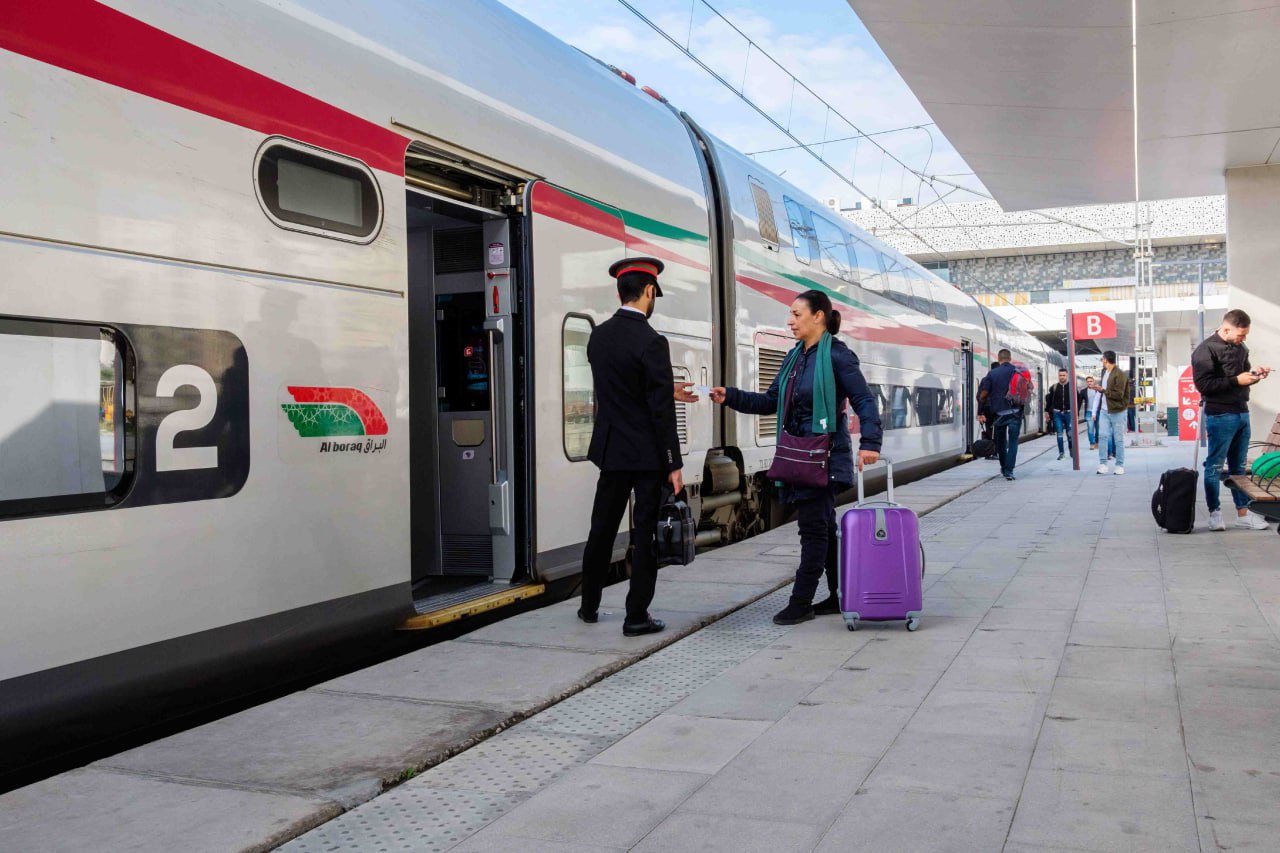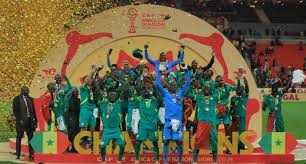Morocco has secured an impressive $13 billion in funding to drive a major rail expansion project ahead of the 2030 FIFA World Cup. This far exceeds the initial $8.8 billion sought by Morocco’s state-owned railway operator, the Office National des Chemins de Fer (ONCF), underscoring investor confidence in the North African nation’s infrastructure ambitions.
The funding announcement came during the recently concluded Africa Investment Forum (AIF) in Rabat, where international and regional stakeholders gathered to advance critical development projects across the continent. The African Development Bank (AfDB), a key player in brokering the investment, highlighted the overwhelming response from global investors, signaling optimism for Morocco’s strategic plans to enhance connectivity and economic growth.
AfDB President Akinwumi Adesina lauded the funding success, describing it as a testament to Morocco’s vision and the country’s ability to mobilize international support for transformative projects.
“ONCF’s ambitious rail expansion plans have received over $13 billion in funding offers, far surpassing expectations,” Adesina announced at the close of the three-day investment forum. “This outcome reflects the confidence that investors have in Morocco’s infrastructure agenda and the strong partnerships facilitated through platforms like the Africa Investment Forum.”
The AfDB played a central role in coordinating with international financial institutions and private investors to unlock the funding. The AIF itself generated a total of $29.2 billion in pledges for African development projects across sectors such as transport, energy, and healthcare, reinforcing its status as a premier platform for mobilizing capital for the continent.
ONCF’s high-speed rail project is at the heart of Morocco’s preparations for co-hosting the 2030 FIFA World Cup, alongside Spain and Portugal. The railway expansion aims to enhance Morocco’s transportation infrastructure, ensuring efficient connectivity for millions of visitors expected during the global event while bolstering the country’s long-term economic growth.
The immediate priority is to extend Morocco’s high-speed rail line to Marrakech, the country’s fourth-largest city and a major tourist hub, before the 2030 tournament. Currently, Morocco operates Africa’s first and only high-speed rail line, linking Casablanca to Tangier. The extension to Marrakech will significantly improve passenger travel times, reduce road congestion, and expand tourism and trade opportunities in southern Morocco.
Beyond Marrakech, ONCF’s long-term vision includes extending the high-speed network further south to Agadir, a coastal city with immense economic and tourism potential. This phased approach positions Morocco to maximize the socioeconomic benefits of its rail infrastructure investments.
By 2040, Morocco aims to double the reach of its rail network, connecting 43 cities—an expansion that will serve approximately 87% of the country’s population. The enhanced connectivity will integrate urban and rural areas, facilitating trade, tourism, and the movement of people and goods. The rail system is expected to play a crucial role in reducing regional disparities, promoting investment, and creating employment opportunities.
The project aligns with Morocco’s broader economic development goals, which prioritize sustainable and inclusive growth. The government sees modern infrastructure as a catalyst for competitiveness, with the rail network serving as a backbone for economic integration across sectors.
Morocco’s rail expansion project is also significant within a regional context. The country has emerged as a leader in infrastructure development, setting a benchmark for other African nations seeking to modernize their transport systems. With strategic support from institutions like the AfDB and the involvement of international investors, Morocco’s success could inspire similar large-scale infrastructure projects elsewhere on the continent.
Moreover, the rail project contributes to Africa’s broader agenda for regional integration. Enhanced transportation links in Morocco will facilitate trade and movement between North Africa, Europe, and sub-Saharan Africa, supporting the goals of the African Continental Free Trade Area (AfCFTA).
The overwhelming response to ONCF’s funding request highlights the importance of strategic partnerships in financing Africa’s development agenda. Institutions like the AfDB have played a pivotal role in connecting governments with global investors, mitigating financial risks, and advancing bankable infrastructure projects.
President Adesina emphasized that initiatives like the Africa Investment Forum are critical for mobilizing capital and accelerating progress on transformative projects. “The success we have seen in Morocco underscores the potential for similar initiatives across Africa,” he stated.
As Morocco prepares to co-host the 2030 FIFA World Cup, the expansion of its high-speed rail network reflects a bold investment in the future. The project is set to redefine the country’s transportation landscape, creating a lasting legacy that will benefit its economy and people for decades to come.
By securing over $13 billion in funding, Morocco has not only demonstrated its ability to deliver on ambitious infrastructure goals but has also reinforced its position as a leader in African development. The rail expansion promises to strengthen Morocco’s global connectivity, drive economic opportunities, and position the country as a model for sustainable infrastructure development on the continent.
As the first phase of the project begins, the eyes of the region—and the world—will remain on Morocco as it transforms its rail network into a cornerstone of national and continental progress.














Leave a comment